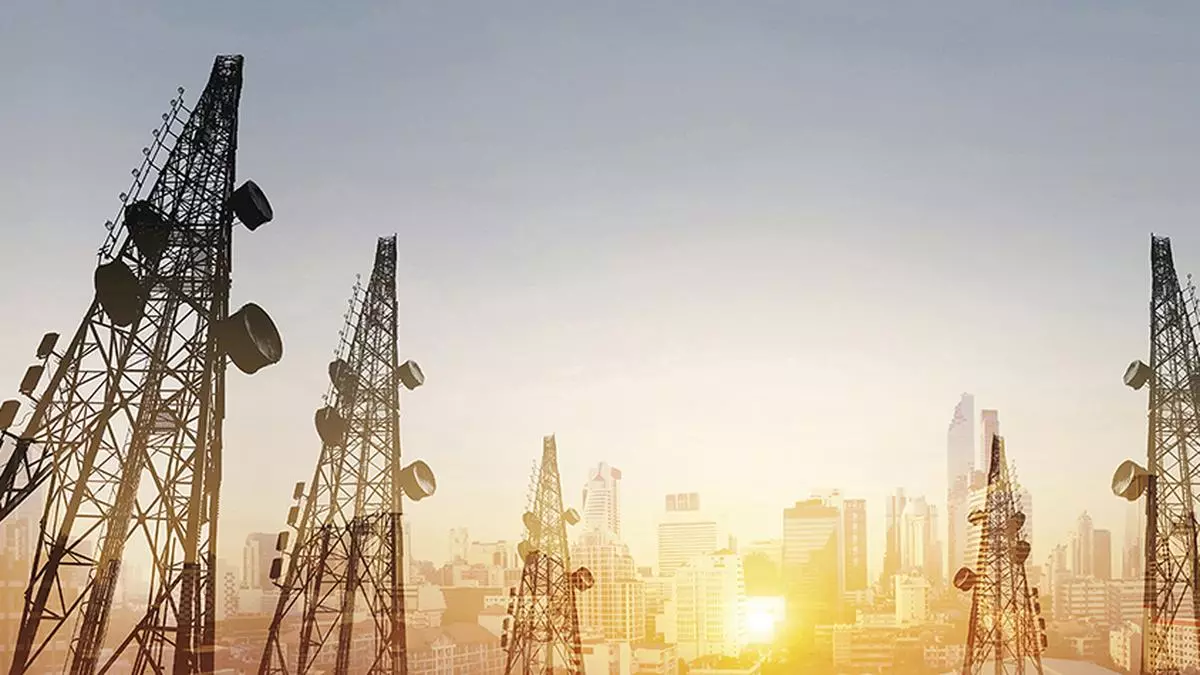The Telecom Act, 2023, which has been partially notified by the Centre to interchange the archaic Indian Telegraph Act of 1885 and the Indian Wi-fi Telegraph Act of 1933, marks a pivotal shift in India’s telecommunications panorama. Notably, the 2023 Act grants the federal government the authority to make use of non-public property for telecom installations. Getting permission to put in towers and lay cables has been a serious problem. The brand new regulation goals to streamline infrastructure deployment and cut back disputes throughout property transactions, a big step in direction of bettering telecom companies.
The Act additionally introduces stringent measures in opposition to spam, mandating telecom operators to acquire prior consent from subscribers for promotional messages. Violations could incur fines and repair bans, and rightly so. However at the same time as the brand new laws goals to modernise regulation and spur technological development, it isn’t with out its contentious points regarding privateness and governmental oversight. The Act’s broad definitions and ambiguous phrasing increase considerations about its implications for digital freedoms, particularly relating to on-line communication companies like WhatsApp and Zoom. Sections empowering the federal government to intercept messages and droop telecom companies underneath nebulous grounds of public emergency or nationwide safety echo colonial-era powers; these lack sufficient checks and balances in opposition to potential misuse. Of explicit concern is Part 20, akin to provisions within the Indian Telegraph Act, 1885, permitting for momentary suspension or interception of telecommunications, doubtlessly extending to web companies. The absence of procedural safeguards could heighten dangers of privateness violations and undue governmental interference. Moreover, the Act’s ambiguity relating to its applicability to Over The Prime (OTT) companies and its provisions on web restrictions for sustaining public order might additional jeopardise digital freedoms. The facility to limit web entry with out clear judicial oversight dangers stifling dissent.
Nonetheless, the Telecom Act, 2023 introduces progressive measures akin to revamping the Common Service Obligation fund as Digital Bharat Nidhi, which can be utilized for funding R&D and pilot tasks, as an alternative of merely supporting the establishing of telecom companies in rural areas. The Act’s omission of monetary aid measures for debt-laden telecom operators, contrasting with earlier drafts, casts a shadow over its dedication to market range.
Whereas the Telecom Act, 2023 guarantees to usher in a brand new period of technological development and infrastructure improvement, it should navigate a fragile stability between progress and particular person rights of privateness and freedom of expression. Because the Act comes into impact, stakeholders should actively have interaction to refine regulatory frameworks, mitigate dangers and foster a digital ecosystem that respects and protects the rights of residents.




